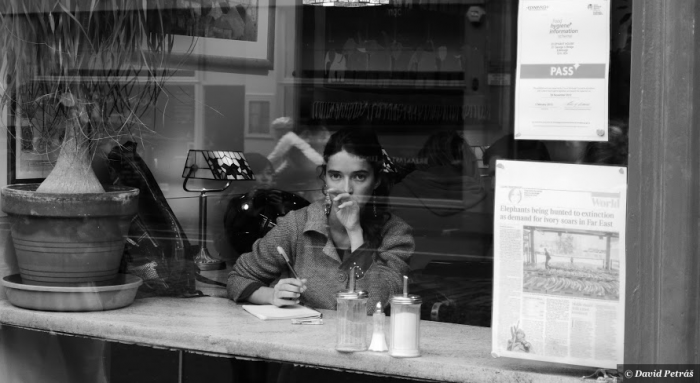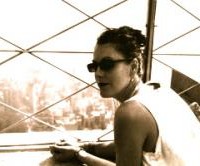I’m far from famous, but I’ve been making a pretty nice living at writing for 20 years now, writing everything from children’s fiction to ad copy to memoir to essay to medical journalism and almost everything in between, including, finally, a novel-in-progress. And I’ve been studying and teaching writing for about a dozen years too, because language is my love and my lifeblood.
Right now, I’m writing from the Tin House Winter Writers Workshop in Fiction at the Sylvia Beach Hotel in Oregon. It’s beautiful and inspiring, yes. Informative, yes. Tiring and indulgent at the same time, yes.
But above all, this workshop has been a catalyst for me to clarify my own beliefs about beautiful, powerful writing—about what makes some work come alive on the page, what makes it fierce and how to get there.
Here’s what I’ve learned so far, not just from the talented faculty and writers here in Oregon, but over the 20 years I’ve been pecking away at this.
If you want to write beautifully, the secret is simple and not found in any how-to book or conference. It starts inevitably with reading. You must read greedily, discerningly, and consistently the best of the best writers, not just the classics but also the newest voices.
Read as if your life depends upon it, and take pains to decode what makes certain writing wild and arresting.
Next, you must also write. Write as much as you can, day after day, after day. Take one word and then another just as you would one breath after the next, rhythmically, automatically, instinctively.
But there is more to it than that, because you must also write hard. Writing for pleasure and catharsis is well and good, but you must also write for the strain and difficulty of it, with discernment and precision. It is through this strain that you transform and progress as a writer, an artist, a human being.
Here is where you meet yourself anew, through the arduous part of the writing, the grasping after the perfect verb, the slashing of pages of “process writing” that are important to wade through but that do not belong in the final story, the wide-open and unflinching observation of yourself on the page and the willingness to dive in and try harder.
This is where art happens—and it’s the art that matters.
Speaking of art, notice every single thing with a sense of interest, wonder and awe. Reserve judgment. Cultivate curiosity instead. Curiosity is the genesis of empathy, so work hard at asking why, why, why, and be doggedly interested in the multiplicity of possibilities rather than being too swift to rely on what you think you know.
Make friends with mystery and learn to love uncertainty. Sit in the dark even if it scares you.
And by all means don’t obsess on publication or the workings of the industry. If you want to get published, worry about that when it’s time to start trying to publish something you’ve written that you are about damn sure (which is as sure as you ever will be) that it’s ready for publication. But in the meantime, spend your time writing and thinking about writing rather than scheming on the best strategy for breaking in.
The writing is what matters, and the perfecting of the writing.
This is an alchemical process. It is a process of perpetual discovery and refinement. Good writing has a raw, disobedient quality despite the fact that to achieve such abandon almost always requires untold hours of grunt work.
Good writing is unmistakably alive, it breathes and even gasps on the page, and that will never come from focusing on market trends though many commercially successful books will result from doing exactly that. But a commercially successful book and a transcendent piece of writing are not the same thing. The latter may certainly become the former and it often does, but more often, it does not.
This must be known and accepted from the outset.
Ultimately, you will gain the most from focusing on your writing as a practice no different from meditation—you show up, you struggle, you break through or you don’t, and then you do it again, and only over the course of months, years, decades, a lifetime, if ever, do you begin to see clearly the pattern of your own intricate unfolding within the context of not just your own life, but of everything, the whole world.
Which is, of course, the point.
Love elephant and want to go steady?
Sign up for our (curated) daily and weekly newsletters!
Editor: Bryonie Wise
Photo: David Petras/Pixoto









Read 9 comments and reply